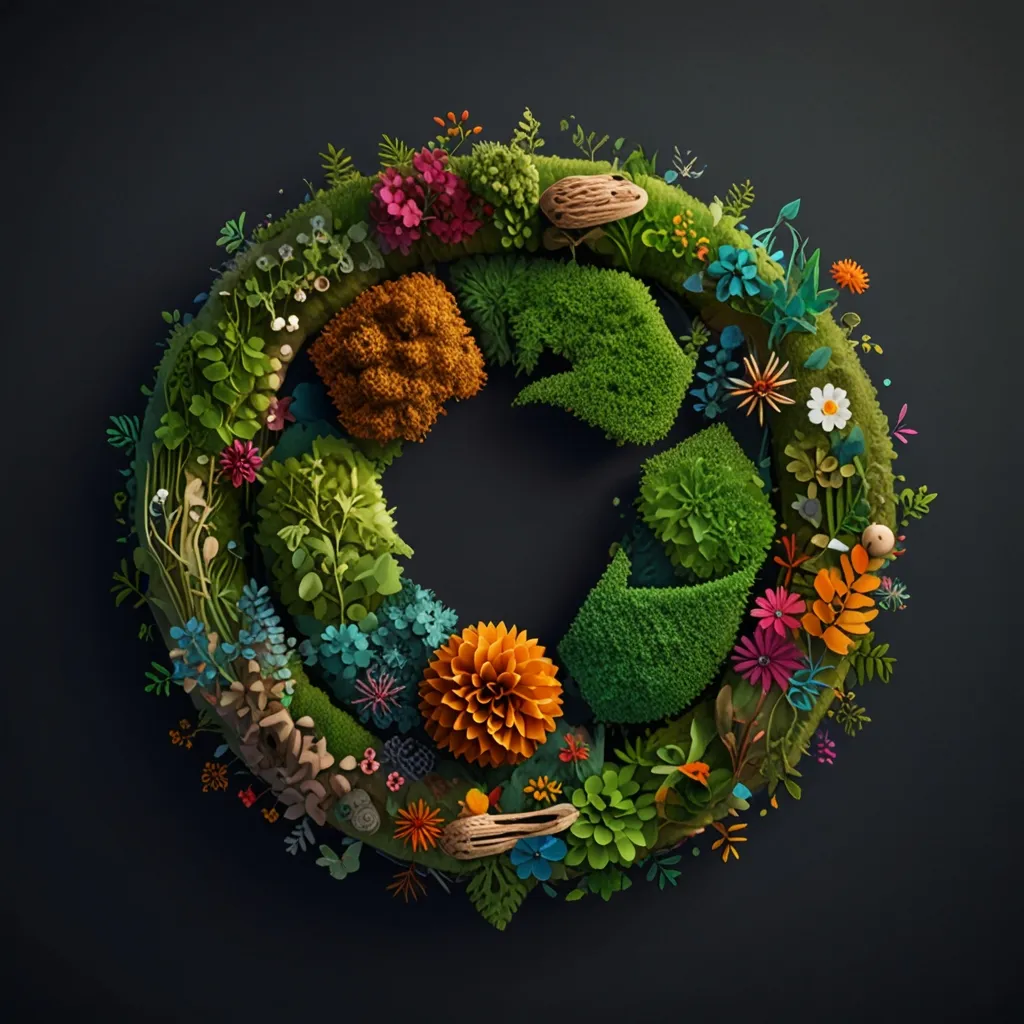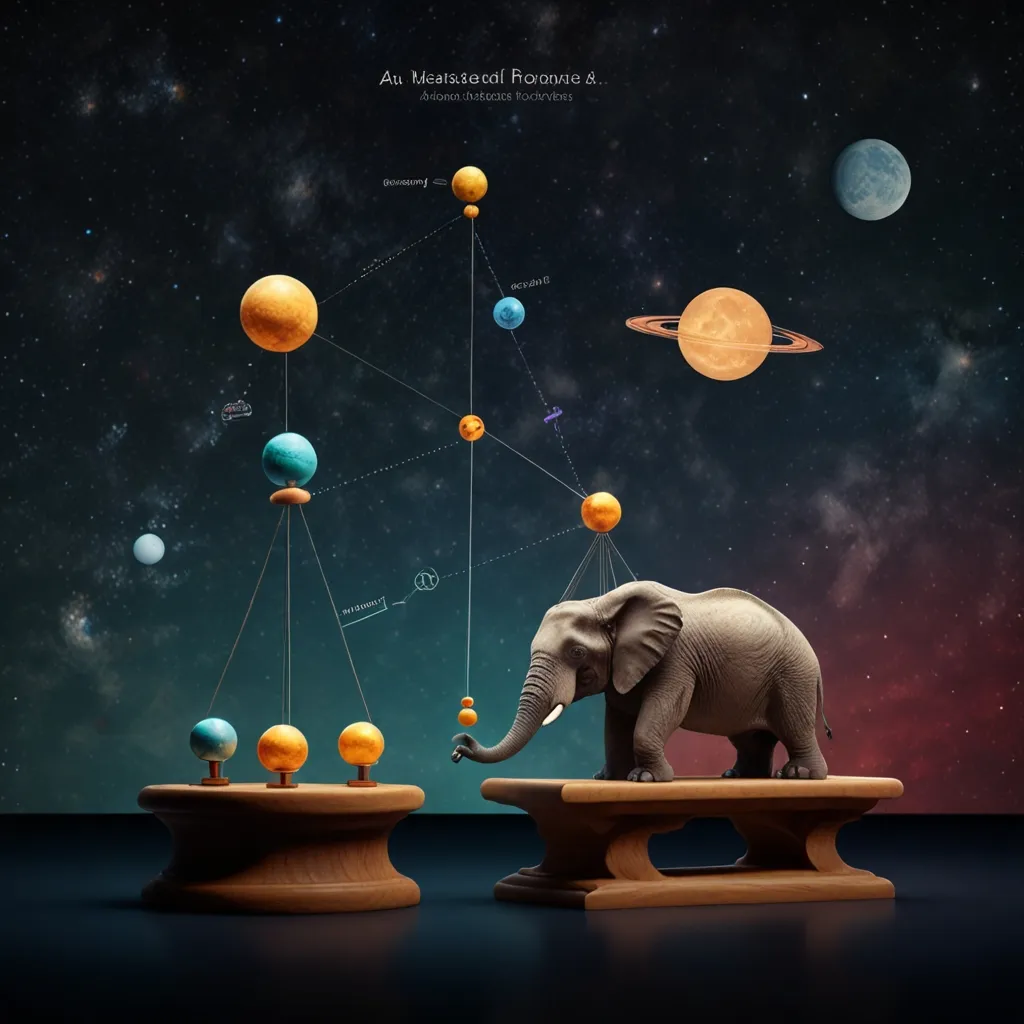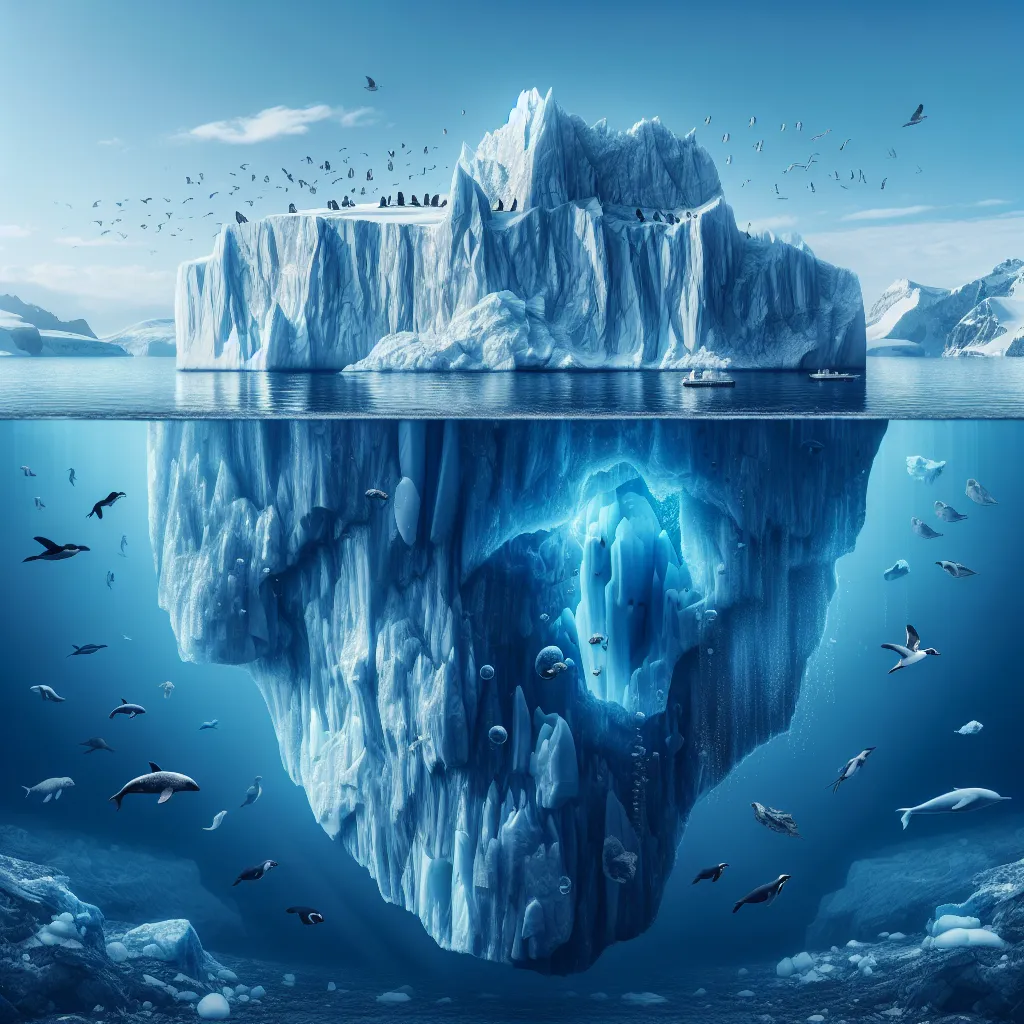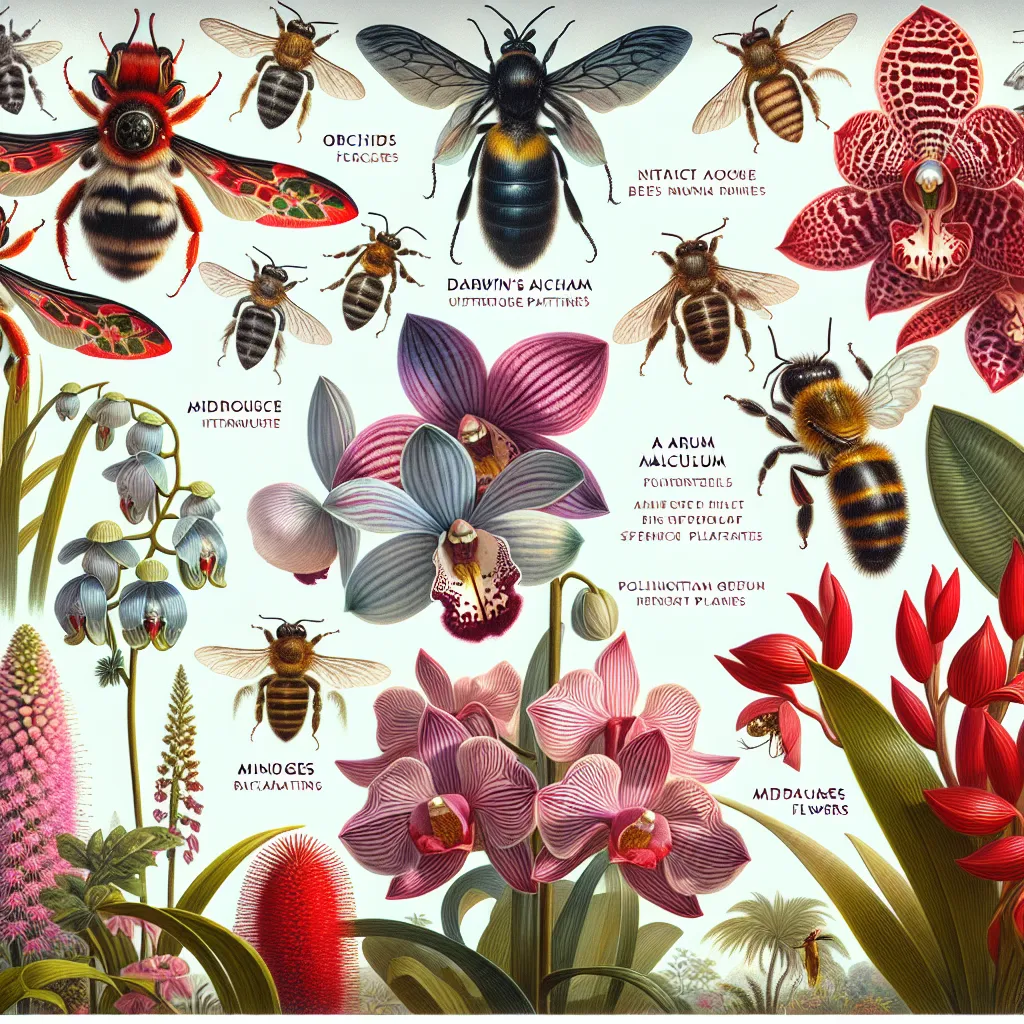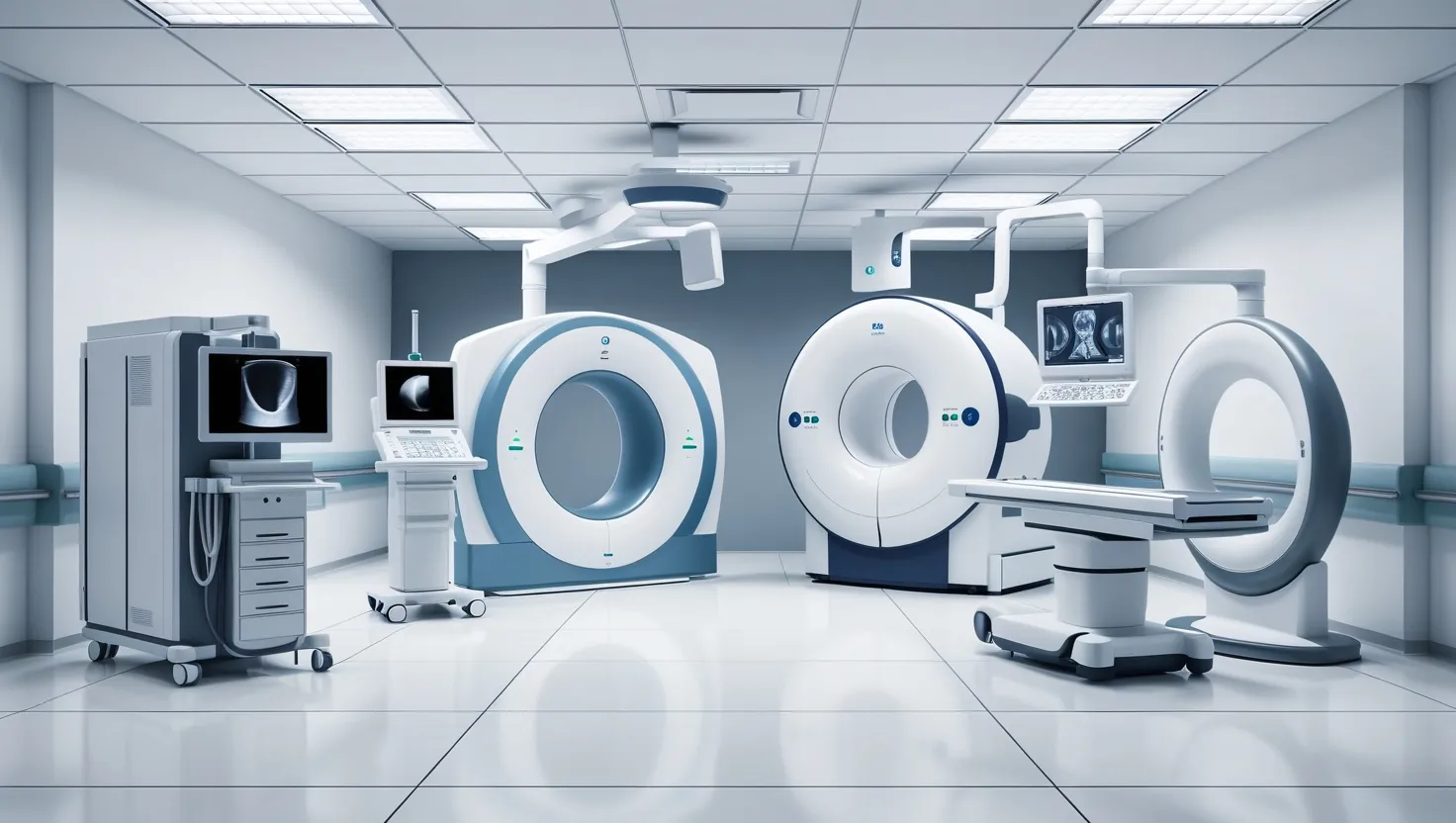Waste Not, Want Not: Rethinking Our Throwaway Culture
Let’s chat about something we all contribute to but rarely think about - waste. It’s a massive problem, and it’s getting worse every year. We’re tossing out a mind-boggling 2 billion tonnes of stuff annually. That’s like, insane!
Picture this: every single second, a whole truckload of clothes is either burned or dumped in a landfill. By the time you finish reading this article, hundreds more trucks will have dumped their loads. It’s not just clothes, though. Our electronics waste weighs more than all the commercial airplanes ever built. Crazy, right?
And don’t even get me started on food waste. If you lined up all the trucks filled with our wasted food, they’d circle the Earth seven times. Seven! As for plastic, the weight of all our plastic waste is about the same as the entire human population. Let that sink in for a moment.
All this waste isn’t just taking up space; it’s also pumping out a whopping 1.6 billion tonnes of CO2 every year. If we’re serious about getting to net zero, something’s gotta give.
So, what can we do? Well, there are two main routes: waste less or recycle more. Let’s start with recycling because that’s what most of us think about when we hear “waste reduction.”
We all feel pretty good about ourselves when we sort our trash into the right bins, don’t we? But here’s the kicker - when you zoom out and look at the bigger picture, it’s not as rosy as we’d like to think.
Take plastic, for example. It’s everywhere, even in places you wouldn’t expect. Did you know that tin cans often have a plastic layer inside? Mind-blowing, right? And our track record with recycling plastic is pretty dismal. Since we started producing plastic, we’ve made about 8.3 billion tons of the stuff. About 76% of that has become waste, and only 9% of that waste was recycled. Ouch.
Now, technically, almost all plastic can be recycled. But here’s the rub - collecting it, sorting it, and melting it down is expensive and complicated. In the UK, they send about two-thirds of their waste overseas to deal with. And guess what? They don’t even know what happens to a lot of it. Some of it might even end up in landfills anyway. Not exactly the eco-friendly solution we were hoping for, huh?
Even the most recyclable plastic, PET, can only be recycled about eight times before it’s useless. If we keep going at this rate, by 2050, we’ll have about 12 billion tons of plastic waste either in landfills or littering our beautiful planet.
But don’t despair! There’s hope on the horizon. Smart folks around the world are working on some pretty cool solutions. We’ve got AI robots helping us recycle faster and more efficiently. Scientists have discovered that some bugs, like common wax worms, can actually eat through plastic and break it down. Other researchers are looking at plastic-eating enzymes found in fungi and bacteria.
Imagine a brewery, but instead of making beer, they’re breaking down plastic. Instead of hops, you put in plastic, and instead of yeast, you use these special microorganisms that can digest it. What you end up with is a soup of monomers that could be used to make new plastic. How cool is that?
While these innovations are exciting, they’re not enough to tackle the massive scale of our waste problem. We need to think bigger. What if, instead of just focusing on recycling, we reduced the amount of waste we produced in the first place?
The problem is that we’ve inherited what experts call “linear degenerative economies.” We take stuff from the Earth, turn it into something we want, use it (often only once), and then chuck it in the trash. It’s like a straight line from Earth to landfill. What we need is to transform this into a circular, regenerative system.
Think about it - do you really need to own a drill? You might need one every now and then, but not every day. So why not borrow it from a tool library, just like you’d borrow a book? This idea is catching on in cities and towns all over the world.
Another cool trend is repair cafes. These are places where people frustrated with not being able to fix their stuff - watches, phones, bikes, toasters, you name it - can take them to be repaired by someone who knows their way around a spanner or a computer.
But here’s the thing - we can’t leave all this to grassroots initiatives. Industry needs to get on board, and we need regulations to make it happen. Take electronics, for example. Why do we end up replacing our phones every couple of years? It’s not because they can’t last longer - it’s because they’re designed not to. This is called “planned obsolescence,” and it’s a real problem.
In France, they’re tackling this head-on with something called the “repairability index.” It rates products on how easy they are to repair, which encourages companies to make stuff that lasts longer. And it’s not just good for our wallets - extending the life of electronics in the EU by just one year would save about 4 million tons of carbon dioxide. That’s like taking 2 million cars off the road for a whole year!
Part of the problem is that we’ve been conditioned by a century of advertising to believe that buying new stuff will improve our lives. But what if we took a leaf out of nature’s book instead? Nature doesn’t waste - it reuses, repurposes, and regenerates. Imagine if our economy worked the same way. It’s an exciting idea for the 21st century.
Clearly, we need some major changes in how we deal with our waste. But maybe this is an opportunity to rethink our relationship with stuff in general. Do we really need all these things? Could we share more? Repair more? Buy less?
It’s a lot to think about, but it’s also exciting. We have the chance to create a world where waste is minimized, resources are used efficiently, and our planet breathes a little easier. So next time you’re about to throw something away, pause for a moment. Could it be reused? Repaired? Recycled? Every little action counts in this war on waste. Let’s make it happen!
